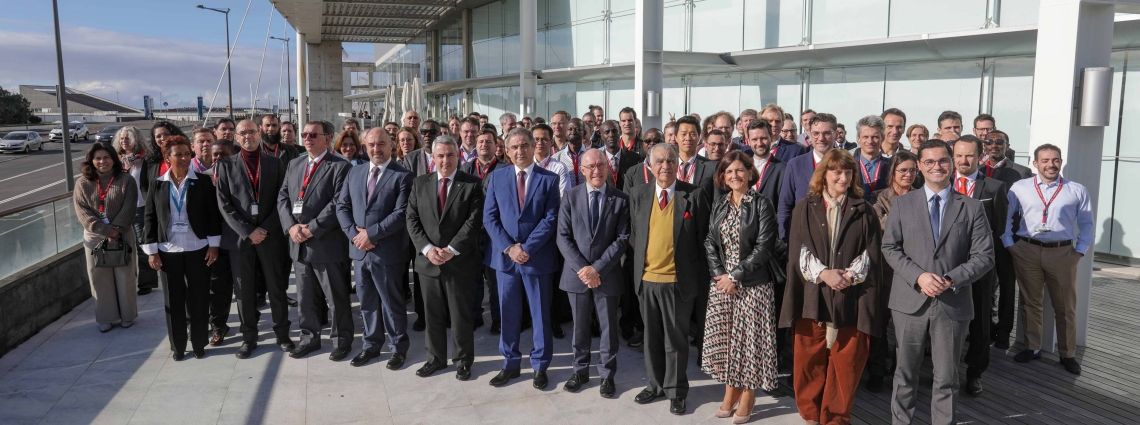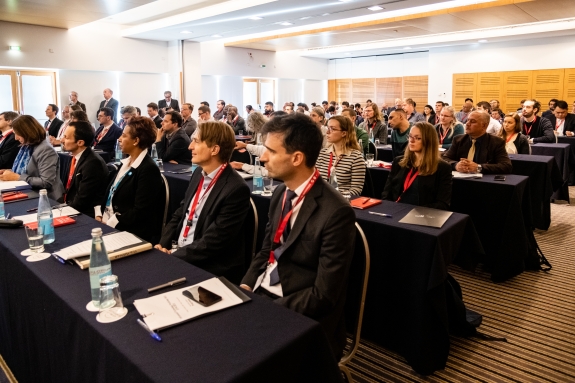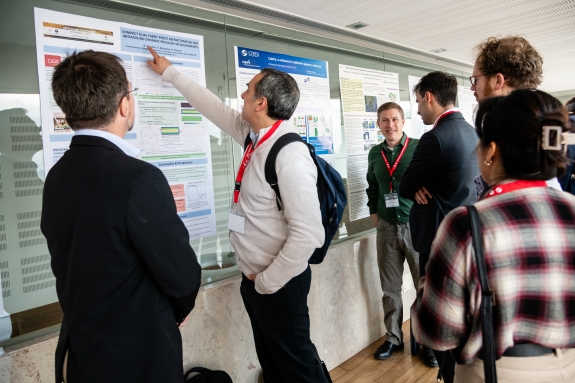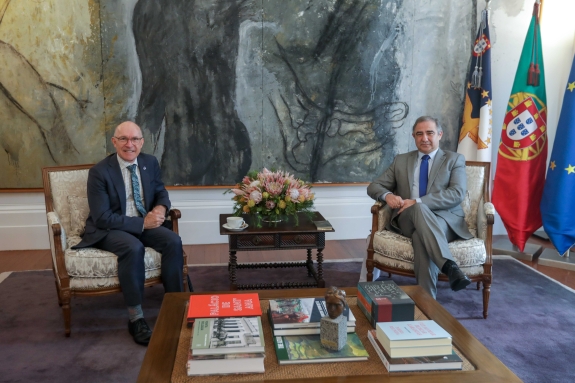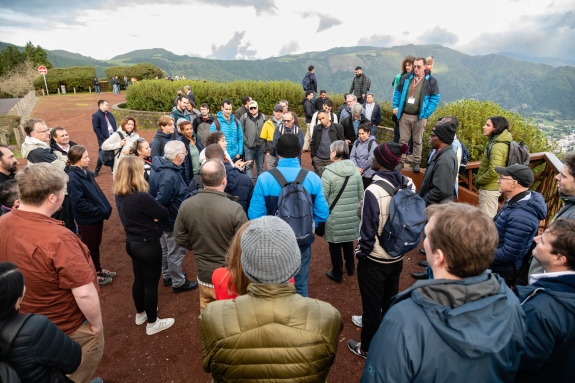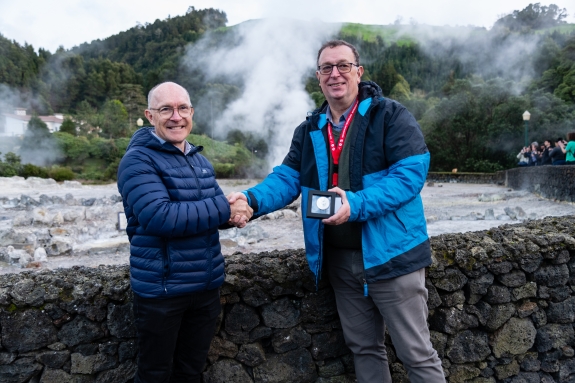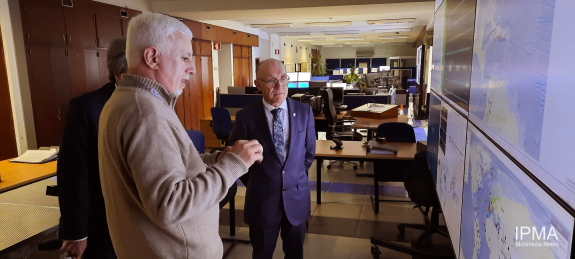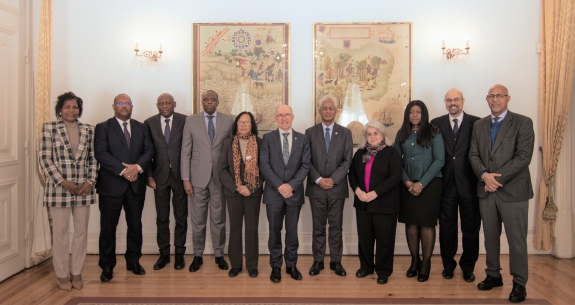CTBTO holds first Infrasound Technology Workshop since Covid-19 Pandemic, marking return of in-person events
The Comprehensive Nuclear Test-Ban-Treaty Organization (CTBTO) hosted its first in-person Infrasound Technology Workshop (ITW) since the outbreak of Covid-19. The workshop was held from 30 January to 3 February 2023 in the Azores, an autonomous region in Portugal.
Over 100 participants from more than 40 countries, representing a large segment of the infrasound scientific community, took part in the workshop co-organised by the Government of Portugal, the Government of the Azores, the University of the Azores Research Institute for Volcanology and Risk Assessment (IVAR), and the CTBTO.
During the five-day workshop, participants explored recent developments in infrasound technology and its growing significance in disaster risk reduction and mitigation.
The programme addressed an array of topics, including infrasound technology projects led by CTBTO’s Provisional Technical Secretariat (PTS), measurement systems, modelling and network processing, data processing and station performance, as well as scientific applications.
“I continue to be impressed by the wide application of the Comprehensive Nuclear-Test-Ban Treaty’s (CTBT) infrasound technology for international peace and security,” said CTBTO Executive Secretary Robert Floyd during his opening address.
According to Pierrick Mialle, an infrasound expert at the CTBTO, the workshop is broadening its scope.
"Over the years, the ITW has been attracting a growing number of experts outside the traditional CTBT community, including those with interests in civil and scientific fields like atmospheric dynamics and climate studies or monitoring volcanic activity," said Mialle, who presented on the status of International Data Centre (IDC) infrasound projects at the workshop.
In addition to the workshop, participants took part in two parallel side sessions: an expert group meeting and an open session for NDC-in-a-Box users. NDC-in-a-Box is a software package giving National Data Centres (NDCs) the capability to receive, process and analyse monitoring data from International Monitoring System (IMS) stations and from other local and national stations, and from global networks.
They were also given the opportunity to learn about the geodynamic evolution of the Azores during an invited talk from Professor João Luís Gaspar of the University of the Azores Centre for Vulcanology and Geological Risk Assessment and explore the volcanic history of the Azores during a half-day field trip.
The Azores region hosts IMS stations that represent three out of the four verification technologies employed by CTBTO to detect nuclear testing: IS42 on Graciosa Islands (infrasound station), RN53 on São Miguel Island (radionuclide station), and HA07 located in the archipelago (hydroacoustic station).
Once complete, CTBTO's global alarm system will feature 60 infrasound monitoring stations. This network uses very sensitive microbarometers to detect low frequency sound waves in the atmosphere, inaudible to the human ear. Each station is composed of an array of infrasound sensors surrounded by a system designed to reduce wind noise.
Once recorded, infrasound wave data is transmitted via satellite to the IDC at CTBTO headquarters in Vienna where the data is processed to detect infrasound signals and produce a catalogue of events. Analysts review the large amount of information to curate and enrich the events.
The Hunga Tonga-Hunga Ha'apai volcanic eruption in January 2022 is an example of the capabilities of the IMS network, which detected the event using all 53 of infrasound stations currently in operation. It was the loudest event recorded by the system in over two decades of operation. Seismic and hydroacoustic technologies also recorded signals from the eruption and subsequent tsunami.
“This unique event led to an unprecedented collaborative effort by the infrasound community, who presented their findings during the workshop,” said Mialle.
While in the Azores, CTBTO’s Executive Secretary held meetings with representatives of the Azores Autonomous Region, including President José Manuel Bolieiro.
Following the workshop, Floyd travelled to Lisbon to meet with the Executive Secretary of the Community of Portuguese Language Countries (CPLP), Zacarias Albano da Costa, and all nine representatives from CPLP countries. They discussed the establishment of National Data Centres (NDCs) in all Lusophone States. NDCs are national technical institutions tasked with advising their governments on the verification of the CTBT based on IMS data and products, analysed by the IDC and processed to all State Signatories. This data also has important civilian benefits, such as for tsunami early warning.
The Executive Secretary was warmly received by Portugal’s Secretary of State for Foreign Affairs and Cooperation, Francisco André, and the Director General for Foreign Policy at the Ministry of Foreign Affairs, Ambassador Mario Damas Nunes. They exchanged views on various issues including the role Portugal can play in the NDCs-4-ALL Initiative in Lusaphone States.
Before concluding his trip, Floyd paid a visit to the NDC at the Portuguese Institute for Sea and Atmosphere, Instituto Portugues do Mar e Atmosfera (IPMA). There, he stressed the significance of the NDC, highlighting its function as a tsunami warning centre and as station operator for hydroacoustic station HA07.
To date, CTBTO has signed tsunami warning agreements with 19 countries, enhancing their technical capabilities to issue faster and more precise safety warnings.
14 Feb 2023
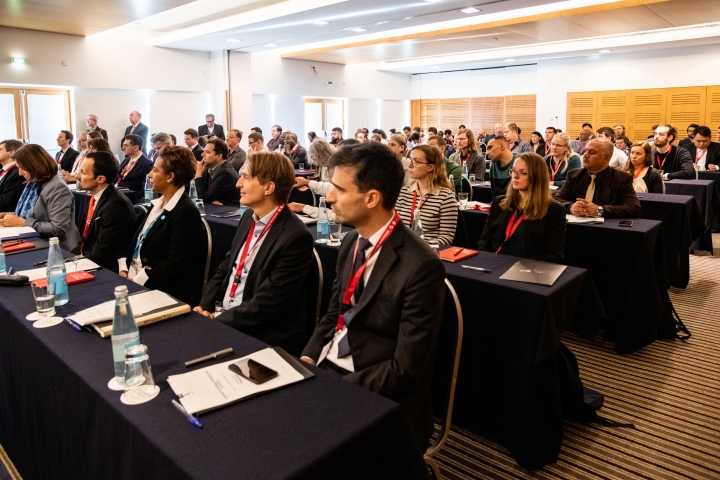
Participants listening to presentations at workshop
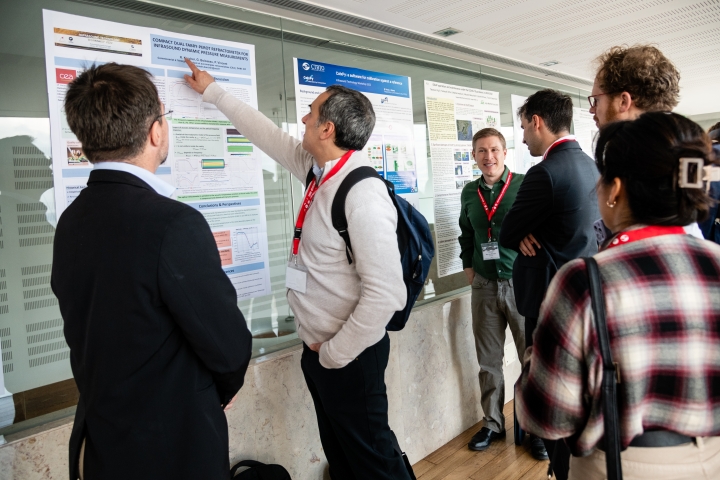
Participants explore presentation material at workshop
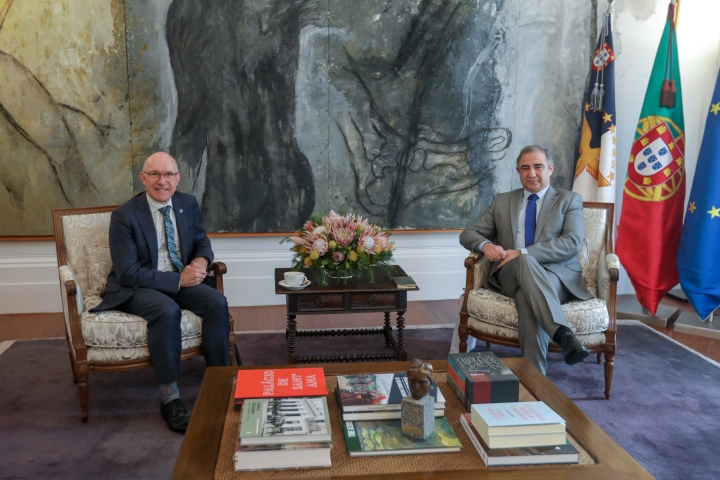
Floyd meets President of Autonomous Region of Azores, José Manuel Bolieiro
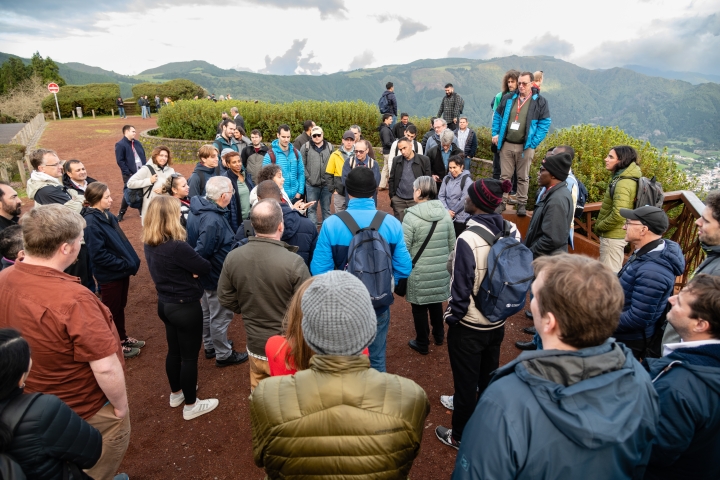
ITW2022 group touring São Miguel Island and its volcanic landscapes
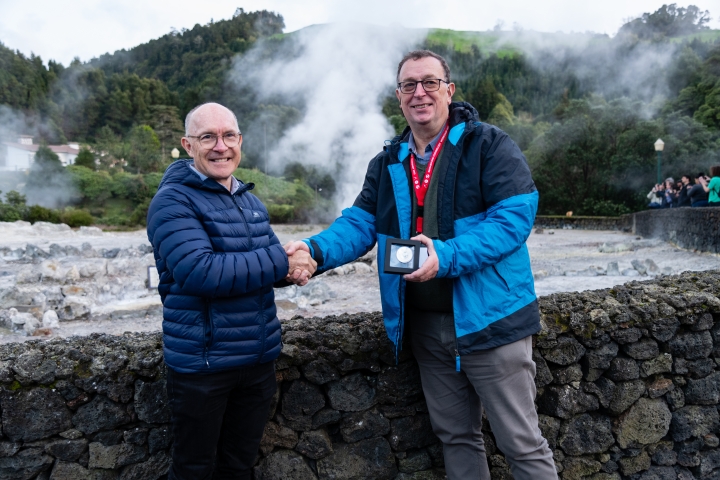
Floyd with Professor Nicolau Wallenstein, station manager and operator of Infrasound Station IS42 on Graciosa Islands
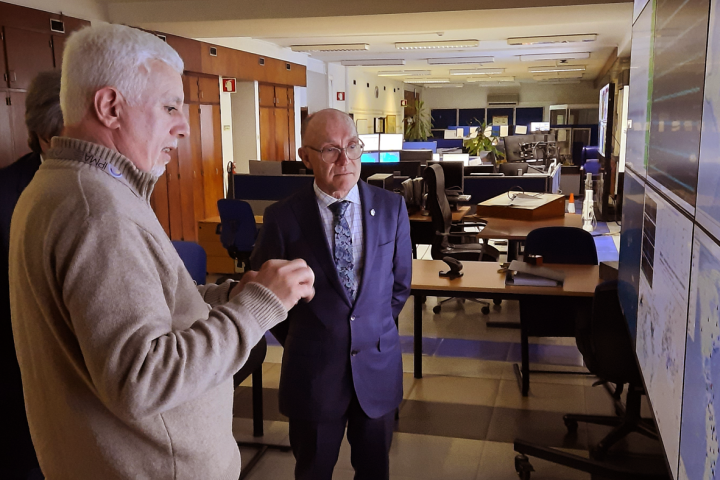
Floyd visits National Data Centre (NDC) at Portuguese Institute for Sea and Atmosphere, Instituto Portugues do Mar e Atmosfera (IPMA)
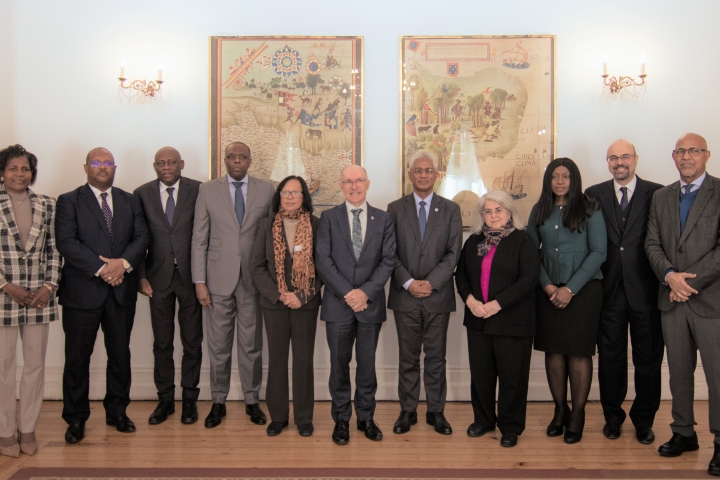
Floyd meets with Executive Secretary of the Community of Portuguese Language Countries (CPLP), Zacarias Albano da Costa, and representatives of 9 CPLP countries
